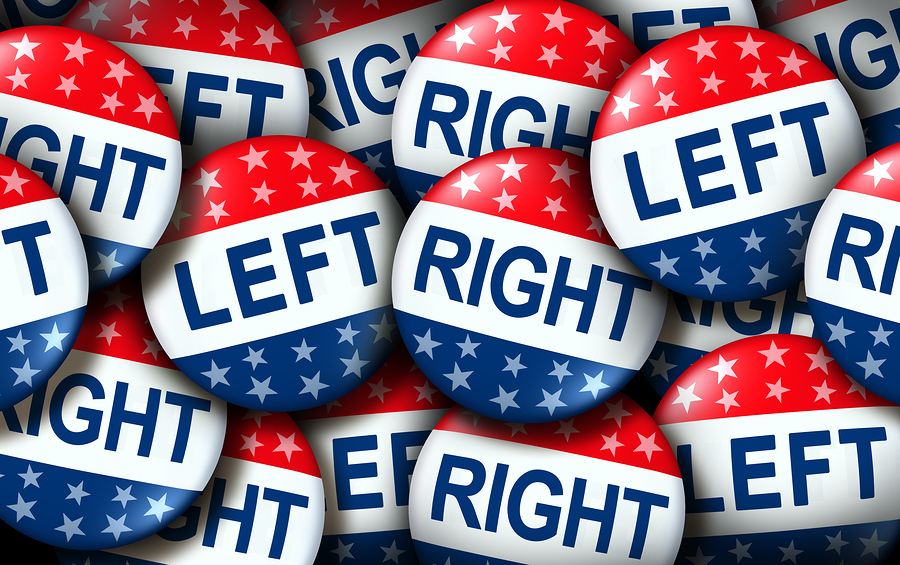 In a new study, researchers examined beliefs about whether political and marketing campaigns use psychology to influence people’s behaviors. Although the goal of marketing strategies is to persuade people towards specific choices, the researchers suggest people from the study don't believe these techniques actually work. Participants do not deny this can happen, but feel the choices they make are their own even though they are aware of manipulative campaign tactics.
In a new study, researchers examined beliefs about whether political and marketing campaigns use psychology to influence people’s behaviors. Although the goal of marketing strategies is to persuade people towards specific choices, the researchers suggest people from the study don't believe these techniques actually work. Participants do not deny this can happen, but feel the choices they make are their own even though they are aware of manipulative campaign tactics.
Sarah Franklin, Co-Founder of Blue Tree AI, sees how marketing campaigns have reached a new level of interest to people, especially when it comes to political advertisements. She notes that “by adding new technology and software with psychology, there is a way to persuade people to make choices that are really not their own.”
Franklin says, “We live in a digital age now, where most things are focused around the internet and social media. It is a competitive manipulation within businesses to see who will win, who will be on top and become the most financially successful. There are lots of tricks, and even lies, that are broadcasted to the public to make choices that are not really benefiting them. This is because of the way their minds are being played. To become more aware of this occurrence, people must stay objective about their own thoughts and beliefs before entering a place that could alter their mind unknowingly. Remember why you think the way you do and be clear with your values.”
When asked about manipulative campaign techniques, Crystal Ferreira, with Polyhistoria, points to Jung’s theory and how the collective unconscious was expressed through 'archetypes', or universal thought-forms or mental images, that influenced an individual's feelings and actions. Her point is that “political stories draw power from their underlying archetypal representations. Obviously, because they have to be involved with things that people find important. How can you sell a political message to someone if it isn't something they find important?”
And if people feel something is important, it may not matter if something is true or not. This could be why we hear so much about “fake news” and “alternative facts”. Tiiu Lutter, MA, notes that “if we are repeatedly exposed, and if the exposure can arouse any of our emotions or senses, we will remember and be influenced. If we see an ad or an article that upsets us, our amygdala is activated, and it interacts with the hippocampus to both store and retrieve information.” When people have a strong emotional response, the amygdala determines the related memory is worth storing.
Lutter continues, “Information that is encoded with emotion lasts longer and has a bigger influence. It sort of doesn’t matter what the emotion is, only that it is. This then influences our opinions and behavior, if someone tells lies to you about me over and over and over, eventually you will be influenced. It may be a vague distaste, or wariness, but it will be there.”
But consumers are not passive receptors of what’s being sold in the political climate. With mindfulness, people can learn to be aware of what they are thinking and feeling, to stay focused on what’s happening and to prevent their amygdala from being hijacked. Mindfulness helps people think clearly.
Lutter says the best defense is to be alert and do research. Although she suggests people can “turn off the radio, tv, and digital feed during election season,” she realizes it’s very countercultural. “People need to fact check, fact check, fact check, and then make a reasoned opinion in line with their own values.” Fake news? Not for those who stay aware and consider what they hear.
Tina Arnoldi, MA is a marketing consultant and freelance writer in Charleston SC. Learn more about her and connect at TinaArnoldi.com